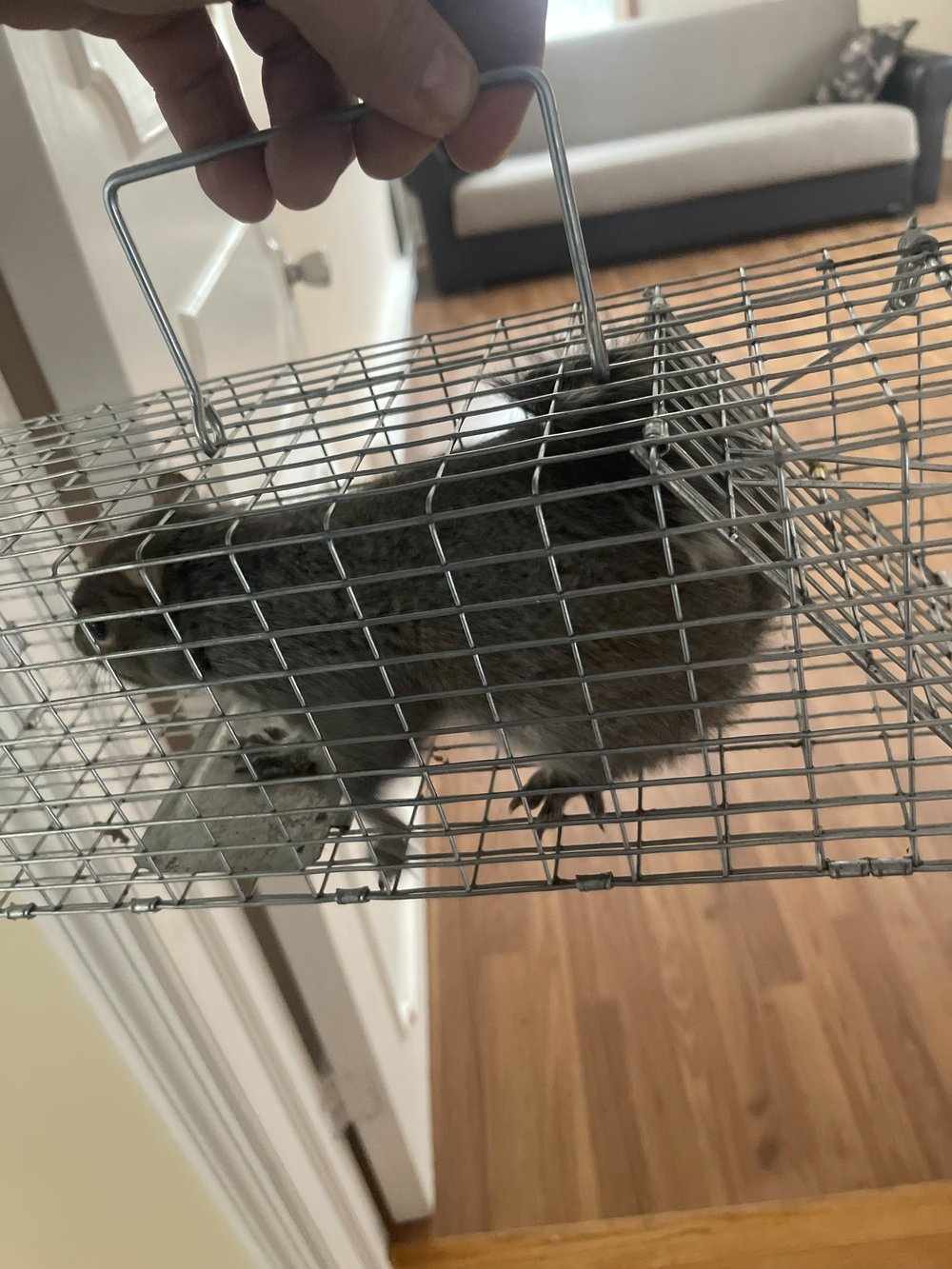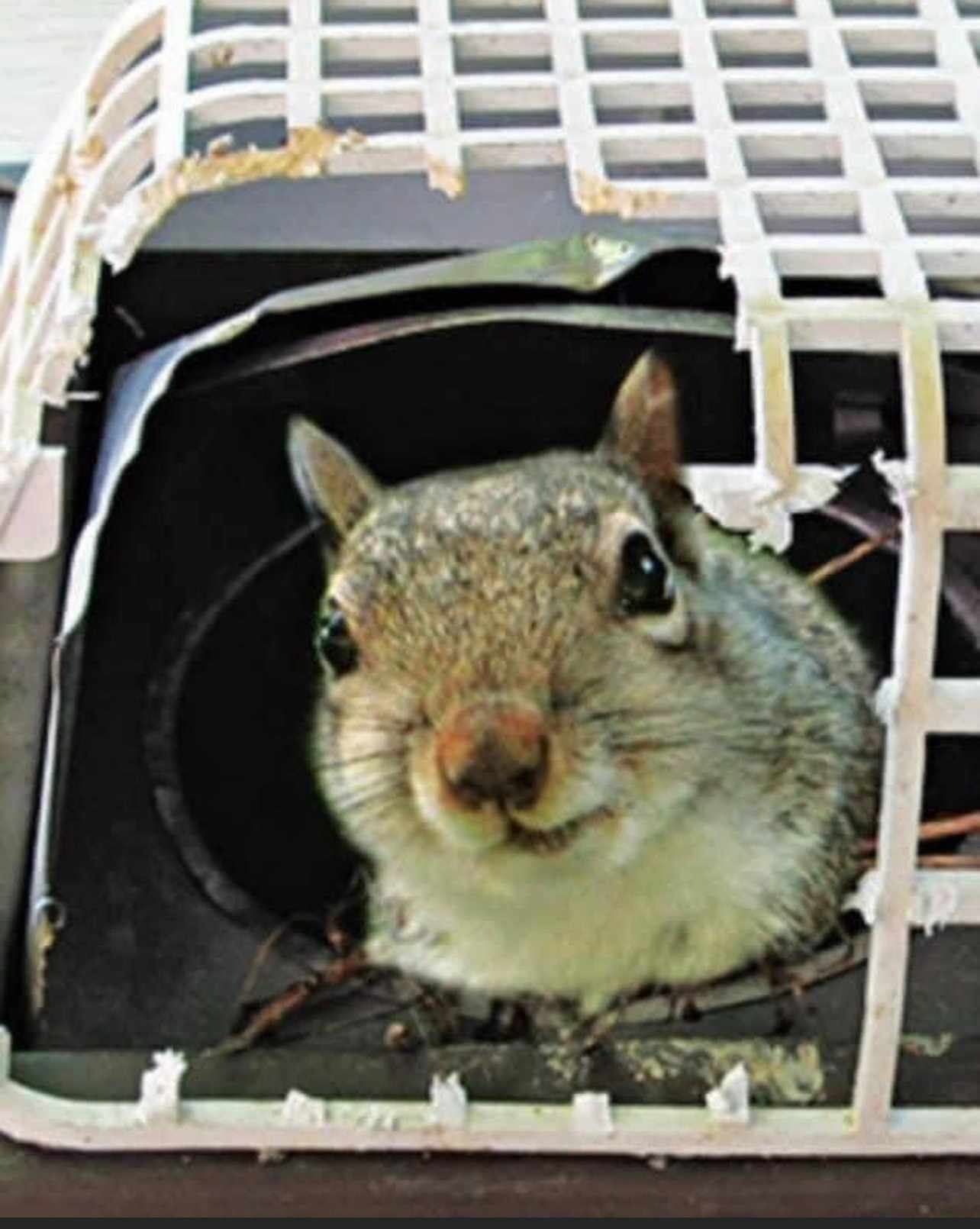Understanding the Squirrel Challenge
In the serene landscapes of Shohola, Pennsylvania, residents often find themselves at odds with agile, bushy-tailed visitors that scamper across rooftops and infiltrate attics. The need for effective squirrel control Shohola residents seek stems from the persistent habits of gray and flying squirrels, which are prevalent in the region’s lush, wooded areas. These creatures, while charming in their acrobatics, pose significant challenges when they invade homes. Gray squirrels, active during the day, chew through siding and electrical wires, creating costly damage and fire hazards. Their nocturnal counterparts, flying squirrels, glide into small openings, nesting in groups and leaving behind droppings mistaken for those of mice. The rural charm of Shohola, with its abundant trees and quiet nights, makes it a haven for these critters, amplifying the urgency for humane and strategic solutions to manage their presence.
The Broader Scope of Wildlife Management
Across the border in New Jersey, wildlife control services in Wantage, NJ address a diverse array of nuisance animals, from raccoons to skunks, that disrupt the tranquility of suburban and rural properties. Wantage’s mix of forests and residential neighborhoods creates an ideal environment for wildlife to thrive, often leading to conflicts with homeowners. Squirrels, in particular, are a common concern, but so are larger animals like raccoons, which rummage through trash, and groundhogs, whose burrows undermine foundations. Professional services in Wantage focus on humane trapping, removal, and prevention, ensuring that animals are relocated safely while properties are fortified against future intrusions. This holistic approach not only resolves immediate issues but also fosters a sustainable coexistence with the region’s wildlife.
Why Squirrels Invade Homes
The allure of human dwellings for squirrels lies in their quest for shelter and food. In Shohola, the abundance of mature trees provides natural habitats, but modern homes offer warmth and protection from predators and harsh weather. Squirrels exploit small gaps in roofs, vents, and chimneys, often chewing to enlarge entry points. Flying squirrels, active at night, are particularly elusive, slipping through holes as small as a quarter. In Wantage, similar patterns emerge, with squirrels drawn to bird feeders and unsecured attics. The adaptability of these rodents, coupled with their relentless gnawing to maintain ever-growing teeth, makes squirrel control Shohola and wildlife control services in Wantage, NJ essential for protecting properties. Understanding these behaviors is the first step toward effective management, as it informs targeted strategies to deter and exclude these persistent invaders.
Humane Solutions for Lasting Results
The cornerstone of modern wildlife management is humane treatment, prioritizing the well-being of animals while safeguarding human spaces. In Shohola, squirrel control Shohola employs live traps strategically placed near entry points, capturing squirrels for relocation to suitable habitats. Exclusion techniques, such as sealing gaps with durable materials squirrels cannot chew through, prevent re-entry. In Wantage, wildlife control services in Wantage, NJ take a comprehensive approach, inspecting properties to identify vulnerabilities and implementing barriers like heavy-gauge wire mesh around decks and vents. These methods ensure that squirrels and other wildlife are removed without harm, and homes are fortified against future invasions. By addressing the root causes—access to food and shelter—these solutions offer long-term relief for residents.
Preventing Future Intrusions
Prevention is as critical as removal in maintaining wildlife-free homes. In Shohola, homeowners are encouraged to trim tree branches overhanging roofs, secure trash bins, and remove bird feeders that attract squirrels. Regular maintenance, such as inspecting roofs for wear and tear, helps close potential entryways before they are exploited. In Wantage, wildlife control services in Wantage, NJ emphasize property modifications, like reinforcing siding and clearing debris that could serve as nesting material. These proactive measures reduce the appeal of homes to wildlife, minimizing the need for repeated interventions. Educating residents about seasonal patterns, such as the influx of flying squirrels in fall, empowers communities to stay vigilant and act swiftly when signs of intrusion appear.
Balancing Nature and Nuisance
The challenge of managing wildlife in Shohola and Wantage reflects a broader tension between human expansion and nature’s resilience. Both regions, with their rich ecosystems, invite wildlife into close proximity with homes, necessitating a delicate balance. Squirrel control Shohola focuses on preserving the area’s natural beauty while protecting properties, ensuring that squirrels can thrive in forests rather than attics. Similarly, wildlife control services in Wantage, NJ aim to harmonize human and animal habitats, using ethical practices to relocate creatures and repair damage. This balance requires ongoing commitment from residents and professionals alike, fostering a culture of coexistence that respects wildlife while prioritizing human comfort and safety.
A Call to Action for Residents
As Shohola and Wantage continue to grow, the demand for effective wildlife management will only increase. Residents play a pivotal role by staying proactive—monitoring for signs like scratching noises or chewed wood and seeking professional help promptly. In Shohola, squirrel control Shohola is a shared responsibility, blending individual vigilance with expert intervention. In Wantage, wildlife control services in Wantage, NJ offer a lifeline for those grappling with persistent animal issues, providing peace of mind through proven techniques. By embracing humane and preventive strategies, these communities can protect their homes and preserve the natural splendor that makes their regions unique, ensuring a harmonious future for all inhabitants, human and animal alike.





Write a comment ...